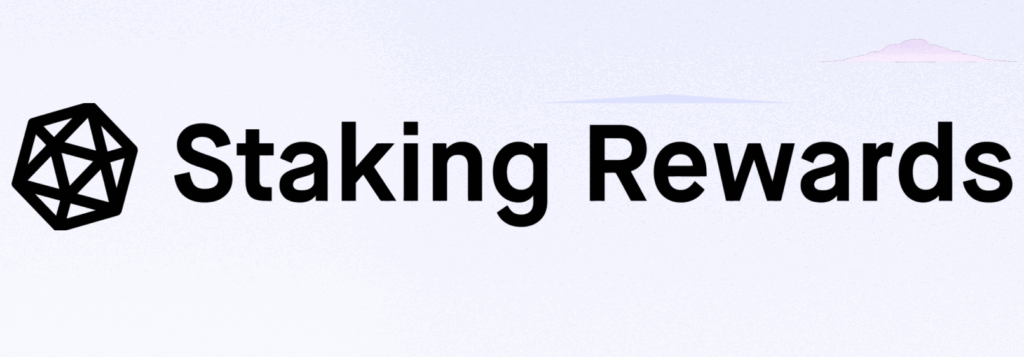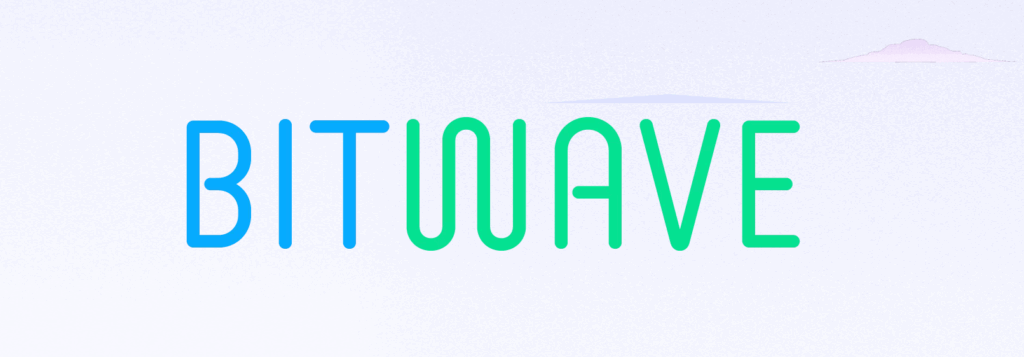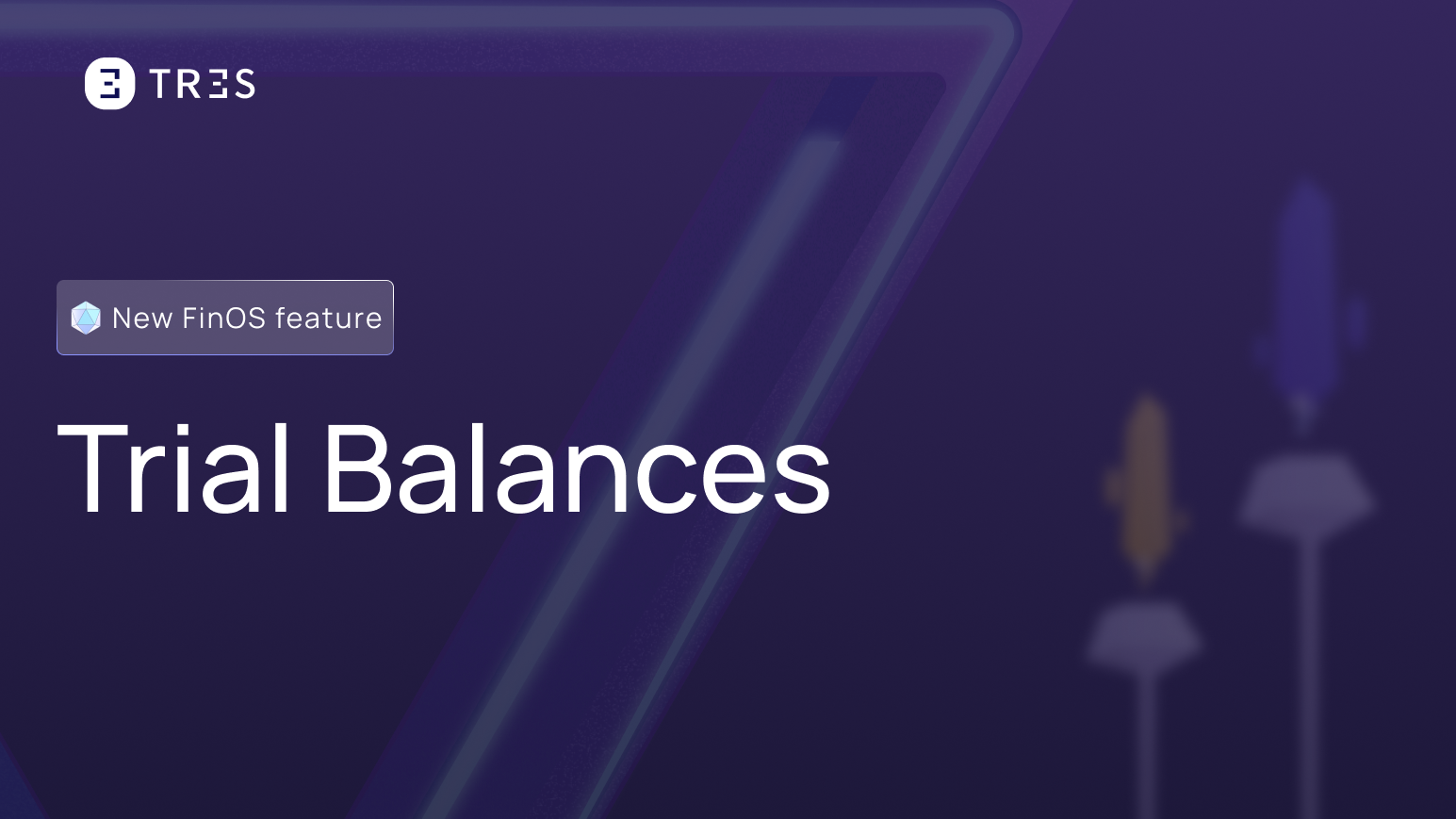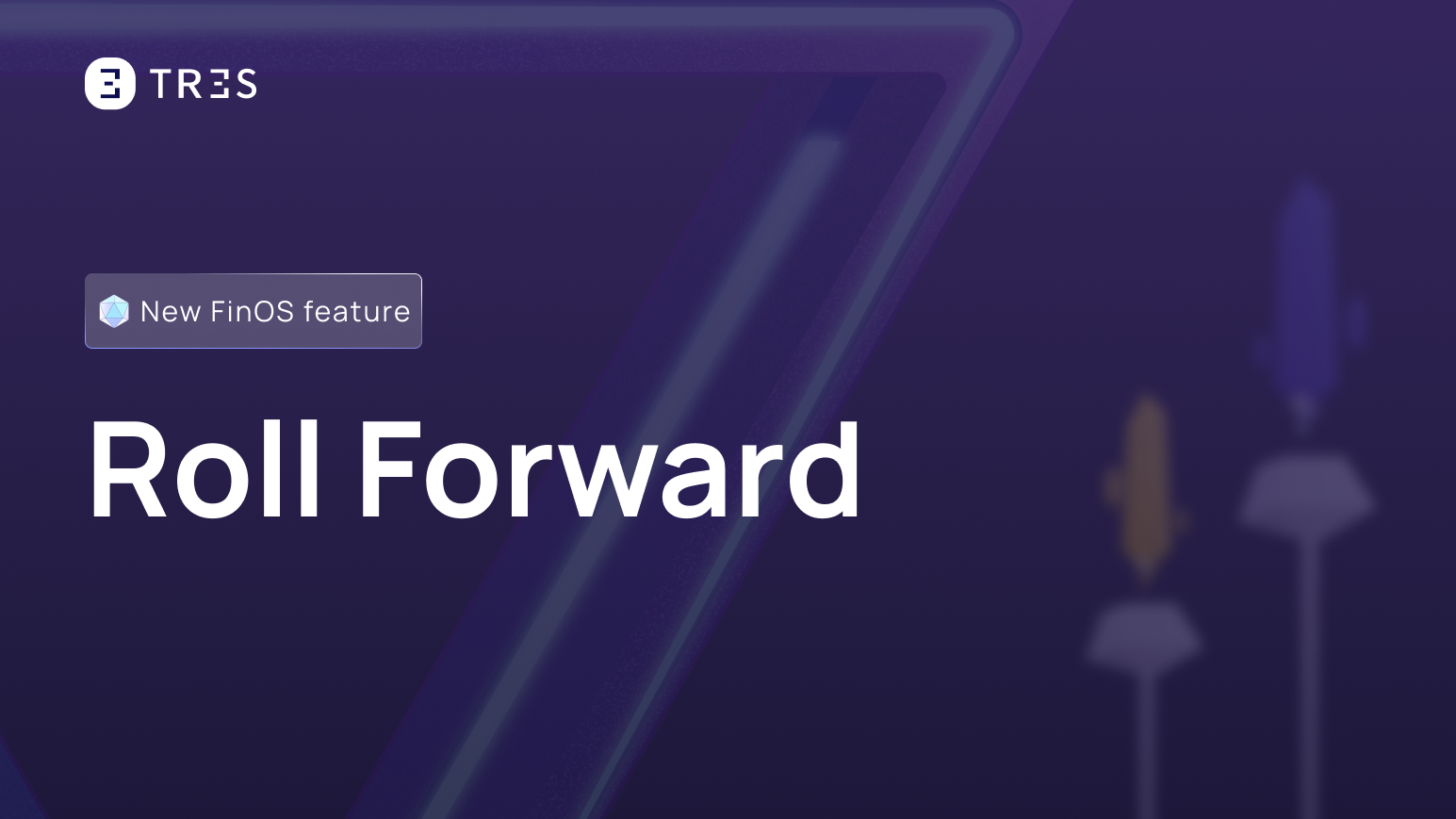
TL;DR
| Platform | Rating | Target Audience |
| TRES Finance | 5/5 | Best suited for institutional Web3 treasuries, crypto-native accounting teams, and enterprises requiring comprehensive, audit-ready staking analytics across multiple blockchains for compliance, performance evaluation, and transparent reporting. |
| Staking Rewards | 3/5 | Staking Rewards is ideally suited for data-driven retail and institutional users seeking deep analysis of staking opportunities, diversified network coverage, and robust reward tracking to inform portfolio decisions. It serves best those who prioritize transparency and breadth in staking analytics over protocol-specific execution. |
| Kiln | 3.5/5 | Kiln is best suited for institutional clients, exchanges, and custodians seeking secure, scalable staking infrastructure with in-depth reporting, particularly those prioritizing Ethereum and top PoS networks and valuing unified integration through developer APIs. |
| Cryptio | 4/5 | Ideal for institutional investors, crypto companies, and accounting teams requiring audit-ready, granular staking analytics and compliance documentation for major PoS assets. Suited for organizations prioritizing reconciliation, regulatory reporting, and historical stake tracking over maximum network coverage. |
| Bitwave | 4/5 | Bitwave is designed for institutional crypto funds, treasury teams, and enterprises operating validators on major blockchains who require detailed, audit-ready staking analytics, regulatory compliance, and seamless integration with accounting systems for financial reporting and tax purposes. |
Introduction
For crypto companies managing complex staking portfolios, timely and accurate analytics can make the difference between strategic growth and costly oversight. With blockchain ecosystems rapidly evolving, the landscape of staking rewards is more intricate than ever – varying protocols, fluctuating APYs, and the expanding role of MEV contribute to rising operational complexity. Navigating this terrain requires analytics platforms that deliver clarity and actionable insight. This article spotlights the top staking rewards analytics solutions for crypto firms, breaking down which platforms deliver the most comprehensive, detailed, and usable data to support critical business decisions right now.
Staking Rewards Analytics for Crypto Companies
Staking rewards analytics solutions are specialized platforms designed to aggregate, interpret, and visualize data related to cryptocurrency staking activities across various blockchain networks. They enable crypto companies to monitor reward earnings, track validator and delegator performance, and handle the complex attribution of staking returns. These tools differ from standard portfolio trackers or simple staking dashboards by offering granular insight into reward types, transaction-level records, and comprehensive network coverage tailored for business analysis and operational transparency.
Why is this important?
Selecting the right staking rewards analytics tool is pivotal for crypto companies seeking to optimize financial performance, maintain regulatory compliance, and maximize transparency across decentralized operations.
Optimized Asset Management: Broader blockchain coverage ensures crypto companies can track all staking activities across diverse protocols, supporting more effective resource allocation.
Informed Financial Decision-Making: Detailed, granular breakdowns of staking rewards empower organizations to attribute revenue accurately and evaluate profitability down to the transaction level.
Continuous Performance Monitoring: Real-time and historical performance tracking introduces data-driven insights for dynamic strategy adjustments and risk management.
Enhanced Accountability and Auditability: Comprehensive ledger details and precise record-keeping facilitate seamless audits, compliance checks, and reporting, reducing exposure to regulatory or operational risks.
How are we going to objectively analyse the providers?
Blockchain Coverage & Network Support
Blockchain coverage and network support assesses how many blockchain protocols and networks a platform supports for staking analytics. This criterion is crucial as wider coverage enables users to consolidate data across various chains, including popular and niche protocols. Strong performance is characterized by broad, regularly updated support. Readers should consider if supported networks match their current and anticipated needs, as limited coverage may require additional tools or manual tracking.
Data Granularity & Reward Type Breakdown
Data granularity and reward type breakdown evaluates how thoroughly a platform distinguishes between various staking reward categories and separates validator and delegator earnings. This is important for accurate financial attribution, tax reporting, and internal compliance. A strong system offers detailed, customizable breakdowns of all reward types. Users should look for solutions that align with their reward structures and reporting requirements to ensure transparency and precise accounting.
Active Staking Positions & Performance Tracking Over Time
Active staking positions and performance tracking over time measures a platform’s ability to provide real-time data on current staked assets, claimable amounts, and historical performance metrics like APR. This criterion matters for operational oversight and informed decision-making. Strong offerings deliver up-to-date, comprehensive performance analytics with historical trends. Readers should determine if data granularity, update frequency, and reporting match their oversight and strategic review needs.
Ledger Details (Lock-up, Accrual, Return, Date)
Ledger details address the depth of transaction-level information available, including lock-up periods, accrual timing, calculated returns, and time stamps. This information is vital for accounting accuracy, audit readiness, and compliance with reporting standards. High-quality platforms provide transparent, traceable ledger data with granular timing details. Users should assess if the platform meets their bookkeeping, audit, and compliance standards by verifying the completeness and accessibility of ledger records.

TRES Finance is a blockchain financial data and analytics platform focused on institutional-grade accounting, reconciliation, and staking analytics for Web3 companies. Leveraging integrations with leading infrastructure providers, TRES offers broad blockchain coverage, audit-ready reporting, and real-time financial tracking designed for compliance and treasury management.
Blockchain Coverage & Network Support
TRES supports 150+ blockchain networks for staking data extraction, providing comprehensive coverage that spans major chains like Ethereum and Solana to emerging protocols like Celestia and Chainflip. This extensive network support ensures clients can consolidate all their staking activities into a single platform, eliminating the need for multiple tools and reducing operational complexity across their diverse crypto portfolios.
Data Granularity & Reward Type Breakdown
The platform transforms raw blockchain data into structured financial records, facilitating detailed attribution of staking rewards and validator commissions. It offers granular breakdowns by reward type (block, consensus, MEV) and validator commissions, as well as a daily APR calculator to enable clients to optimize their portfolios
Active Staking Positions & Performance Tracking Over Time
TRES Finance provides real-time and historical tracking of staked positions, including daily monitoring of rewards, locked assets, and APR trends. The system enables performance analysis over time, supported by automated data capture and AI tools for easy retrieval and visualization, catering to institutional treasury and audit needs.
Ledger Details (Lock-up, Accrual, Return, Date)
Audit-ready ledger reporting is a core feature, offering detailed transaction records that capture lock-up periods, accruals, returns, and precise date stamping. The platform supports financial reports aligned with regulatory standards, enabling accurate accounting and auditability for staking activities across wallets and validators.
Pros
- Extensive blockchain and protocol coverage enables multi-chain staking analysis for both major and emerging networks.
- Transaction-level, audit-ready ledger detail supports regulatory compliance and robust financial reporting.
- Real-time and historical staking performance tracking helps organizations make informed treasury decisions.
Cons - Primarily designed for institutional clients, offering less accessible tools for individual or lightweight retail staking analytics.
- Pricing is not clearly shown in the website
Best for: Best suited for institutional Web3 treasuries, crypto-native accounting teams, and enterprises requiring comprehensive, audit-ready staking analytics across multiple blockchains for compliance, performance evaluation, and transparent reporting.
Score: 5/5

Staking Rewards is a digital asset analytics platform focused on the aggregation and analysis of staking opportunities across blockchains, offering insight into both major and emerging networks. Its market position centers on being a neutral, data-rich resource for users seeking transparent staking analytics and yield comparisons.
Blockchain Coverage & Network Support
Staking Rewards supports over 70 blockchain networks, including Ethereum, Solana, Polkadot, and Avalanche, providing broad market and protocol coverage. This diversity allows users to track staking opportunities across many ecosystems, reflecting robust network support.
Data Granularity & Reward Type Breakdown
The platform delivers detailed breakdowns for staking rewards, distinguishing between base yields, inflation rewards, and governance incentives. Custom dashboards help visualize both estimated and realized returns, though some advanced reward types (like MEV) may require supplemental tools for comprehensive analysis.
Active Staking Positions & Performance Tracking Over Time
Users can actively monitor staked positions, claimable assets, and performance trends over customizable periods. The system tracks validator uptime, historical yield fluctuations, and slashing events, offering insightful real-time and retrospective staking data for informed portfolio management.
Ledger Details (Lock-up, Accrual, Return, Date)
Staking Rewards doesn’t provide detailed ledger-level data, including lock-up periods, accrual timing, APY calculations, and precise reward payment dates.
Pros
- Extensive blockchain coverage—including 70+ networks—for wide analytical applicability.
- Customizable and clear reward breakdowns enable in-depth staking and yield analysis.
Cons
- Complex reward types such as MEV may not be fully supported, requiring extra tools for detailed attribution.
- Lack of Staking Rewards ledger that could be used for accounting.
- Lack of FCA or comprehensive regulatory registration potentially impacts institutional trust.
Best for: Staking Rewards is ideally suited for data-driven retail and institutional users seeking deep analysis of staking opportunities, diversified network coverage, and robust reward tracking to inform portfolio decisions. It serves best those who prioritize transparency and breadth in staking analytics over protocol-specific execution.
Score: 3.5/5

Kiln is an enterprise-grade staking infrastructure provider specializing in Ethereum and multi-chain Proof-of-Stake (PoS) networks. It offers unified APIs, white-label staking, and analytics tools designed for institutional clients, with particular strength in seamless staking integration and real-time data delivery.
Blockchain Coverage & Network Support
Kiln supports over 20 blockchains, focusing on staking infrastructure and also offering unified API access for staking analytics as an add on. Its cross-chain coverage is developing, with current focus on key networks and ongoing expansion into emerging protocols.
Data Granularity & Reward Type Breakdown
Kiln provides detailed, real-time analytics on staking rewards via its Reporting API, including differentiation of reward types and validator/delegator splits. While strong on top networks, granularity may fluctuate for less-established chains.
Active Staking Positions & Performance Tracking Over Time
Users access real-time dashboards and APIs for monitoring active staking positions, claimable and locked assets, and historical APR. Kiln supports daily reward distribution and granular performance insights suitable for institutional performance tracking.
Ledger Details (Lock-up, Accrual, Return, Date)
While Kiln offers transaction-level data with timestamps and activity tracking, explicit lock-up period and accrual details are more prominent on major chains, with some gaps in exhaustive ledger reporting for all supported networks.
Pros
- Extensive coverage and expertise in top chains staking, managing a significant portion of network validators with strong reliability.
- Unified API enables integration of multi-chain staking data and white-label analytics for institutional clients.
- Enterprise-focused dashboards and real-time monitoring facilitate robust performance tracking and compliance.
Cons
- Full detailed coverage for emerging blockchains and exhaustive transaction reporting varies by network and is still expanding.
- Highly granular ledger data, such as lock-up schedules, may require custom integration for certain protocols.
Best for: Kiln is best suited for institutional clients, exchanges, and custodians seeking secure, scalable staking infrastructure with in-depth reporting, particularly those prioritizing Ethereum and top PoS networks and valuing unified integration through developer APIs.
Score: 3.5/5

Cryptio is an enterprise-focused crypto accounting and analytics platform specializing in on-chain data aggregation, compliance, and audit-ready reporting. Its primary differentiator is documentation of digital asset transactions, including staking activities, tailored for institutional and enterprise needs.
Blockchain Coverage & Network Support
Cryptio supports major proof-of-stake networks for staking data extraction, focusing on chains relevant to enterprise accounting like Ethereum and Polygon. However, its network coverage is narrower compared to specialized staking platforms, limiting diversity for users needing broad protocol inclusion.
Data Granularity & Reward Type Breakdown
The platform enables detailed breakdowns of staking rewards at the transaction level, supporting revenue attribution between sources. While strong in accounting granularity, users may need custom configuration to separate reward subtypes (block, MEV, consensus) as natively automated classifications are more limited.
Active Staking Positions & Performance Tracking Over Time
Cryptio provides real-time and historical tracking of staked positions and earned rewards via dashboards and API. Although not a native staking platform, its analytics support portfolio and compliance monitoring effectively.
Ledger Details (Lock-up, Accrual, Return, Date)
Cryptio offers transaction-level ledger entries, with detailed records on accruals, lock-up periods, returns, and time stamps for each staking transaction. This level of data granularity supports audit, reconciliation, and compliance processes for regulated enterprises.
Pros
- Highly detailed, auditable transaction and ledger data supports stringent compliance and tax reporting needs.
- Real-time and historical tracking of staking positions and rewards for enterprise financial management.
- Integrates on-chain and custodial wallet data, providing a unified ledger for multiple asset classes including staking.
Cons
- Supports fewer blockchain networks for staking analytics compared to specialized, consumer-facing staking platforms.
- Automated categorization of reward subtypes (e.g., MEV, consensus) may require manual setup or advanced configuration.
- Not a dedicated staking service, so lacks investor-oriented staking user interfaces and experiences.
Best for: Ideal for institutional investors, crypto companies, and accounting teams requiring audit-ready, granular staking analytics and compliance documentation for major PoS assets. Suited for organizations prioritizing reconciliation, regulatory reporting, and historical stake tracking over maximum network coverage.
Score: 3.5/5

Bitwave delivers enterprise-grade crypto accounting and staking analytics for institutions, focusing on audit compliance, tax reporting, and real-time financial visibility. The platform emphasizes robust support for major proof-of-stake blockchains and is recognized for validator-centric analytics and audit-ready features.
Blockchain Coverage & Network Support
Bitwave provides in-depth support for major staking networks, specifically Ethereum (consensus and execution), Solana, and Celo, with real-time integration and detailed validator analytics. However, coverage of mid-tier or emerging blockchain networks outside these main chains appears limited as of 202
Data Granularity & Reward Type Breakdown
The platform separates staking reward types (block, attestation, MEV, etc.) on key supported chains and offers validator-level granularity, especially for Solana and Ethereum. Delegator-specific rewards and pool-based breakdowns are not deeply documented, suggesting stronger support for validator-centric use cases.
Active Staking Positions & Performance Tracking Over Time
Bitwave enables robust real-time and historical tracking of staked assets and rewards, including period-over-period roll-forward analytics for validator positions. While performance metrics are detailed, features like intuitive APR yield dashboards are not explicitly highlighted.
Ledger Details (Lock-up, Accrual, Return, Date)
Ledger-level tracking includes transaction date stamps, lot-level views, asset-by-asset accounting, and audit-friendly records tailored for FASB compliance. Tools for visually summarizing lock-up periods or accrual schedules are not prominent, requiring users to derive some accounting details from raw reports or integrations.
Pros
- Validator-level reward analytics provide granular insight for enterprise and institutional users on Ethereum, Solana, and Celo.
- Comprehensive transaction and ledger history support enables strong audit trails and FASB-compliant accounting for staking rewards.
- Automated, real-time capture and reconciliation of staking rewards facilitate efficient financial operations for firms running PoS validators.
Cons
- Limited blockchain coverage beyond top networks means less value for users staking on emerging or niche chains.
- Delegator rewards and pool-based reward breakdowns are under-documented compared to validator analytics, which may constrain usability for non-validators.
- Lack of user-friendly dashboards for APR trends, lock-up periods, and accruals could hinder adoption by users seeking visual performance summaries.
Best for: Bitwave is designed for institutional crypto funds, treasury teams, and enterprises operating validators on major blockchains who require detailed, audit-ready staking analytics, regulatory compliance, and seamless integration with accounting systems for financial reporting and tax purposes.
Score: 3.5/5
Interested in TRES?





